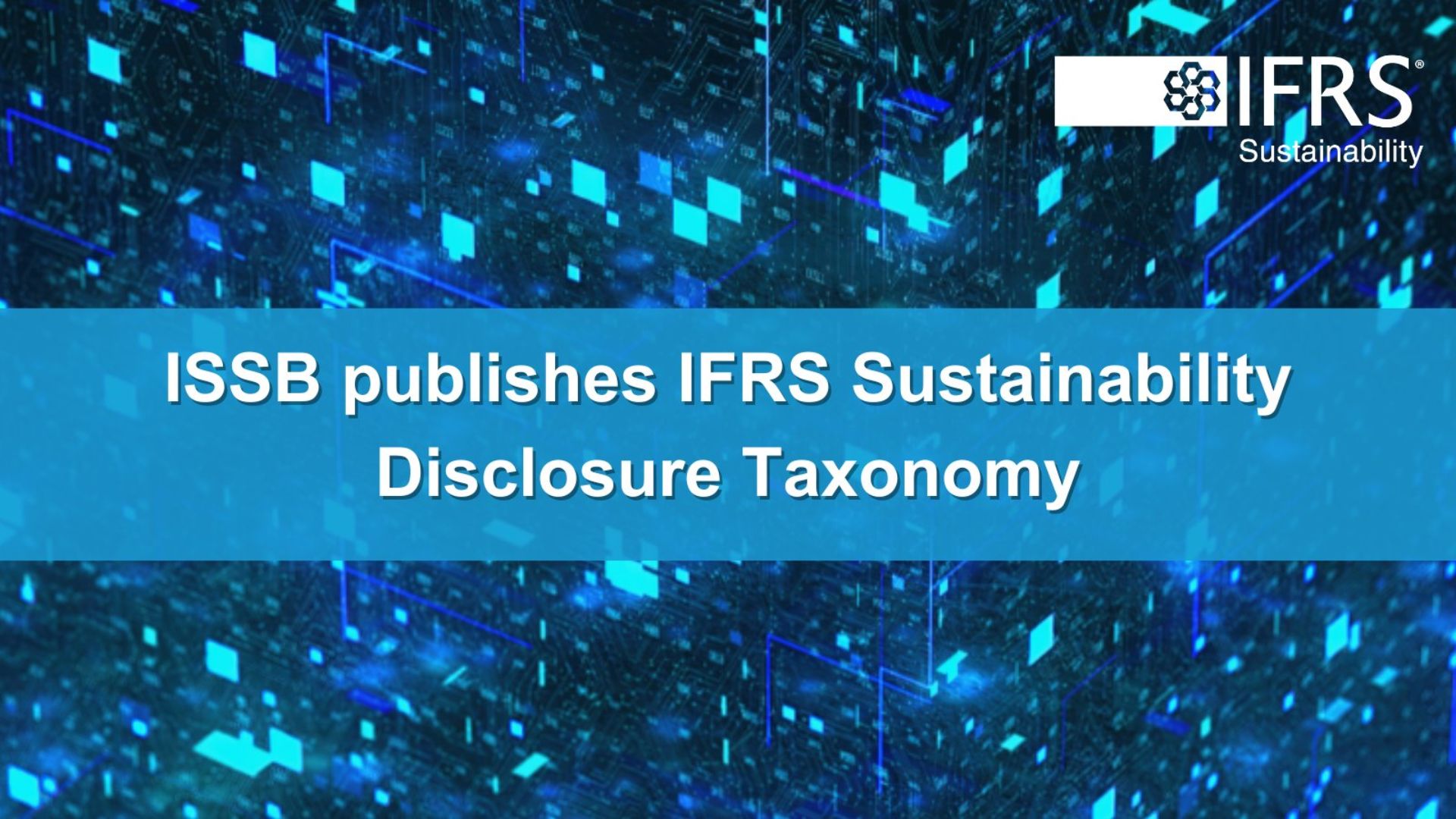80% of Global CO2 emissions can be traced to just 57 producers, report says

|
Listen to this story:
|
- Just 57 fossil fuel producers cause 80% of emissions since 2016, highlighting their massive climate impact.
- Despite climate pledges, these companies keep expanding fossil fuels, worsening emissions.
- A shift towards clean energy offers hope, with hundreds of companies calling for a fossil fuel phase-out.
A new report by InfluenceMap, titled “The Carbon Majors Database: Launch Report,” sheds light on a critical aspect of the climate crisis. It reveals a concerning concentration of greenhouse gas emissions, with a mere 57 fossil fuel and cement producers responsible for a staggering 80% of global CO2 emissions since the signing of the Paris Agreement in 2016. This translates to 251 GtCO2e (gigatonnes of carbon dioxide equivalent) – a colossal figure highlighting the outsized role a select group of corporations plays in driving climate change.
These findings align with the groundbreaking Carbon Majors Database, launched in 2013 by the Climate Accountability Institute. It paints an even starker picture, tracking the historical emissions of 122 of the world’s largest oil, gas, coal, and cement producers. The data reveals that a staggering 70% of global fossil fuel and cement CO2 emissions since the industrial revolution can be attributed to just 78 corporate and state-owned entities.
The list of top emitters includes both state-owned giants like Saudi Aramco (responsible for an estimated 5.7% of global emissions since 1751), Gazprom (4.8%), and Coal India (4.2%), alongside investor-owned companies such as ExxonMobil (3.2%), Chevron (2.2%), BP (2.1%), and Shell (1.9%).
The InfluenceMap report goes beyond simply naming these major polluters. It exposes a troubling trend: despite global commitments to curb climate change through agreements like the Paris Accord, most of these companies have actually expanded their production of fossil fuels since 2015. This expansion has significantly outpaced the growth of renewable energy, contributing to a record high of global energy-related CO2 emissions of 36.3 GtCO2 in 2022 according to the International Energy Agency.
However, a glimmer of hope emerges from the data. The Carbon Majors Database shows a shift in coal supply since 2015, with a move away from investor-owned companies (whose emissions linked to coal production decreased by 28%) towards state-controlled entities (whose emissions increased by 29%). This 57% increase in state-controlled coal emissions, while concerning, suggests a potential transition point in the global energy landscape, even as total emissions continue to rise.
The power of the Carbon Majors Database lies in its ability to empower various stakeholders. Legal cases, such as the one filed by a Belgian farmer against TotalEnergies, leverage the database’s meticulously tracked data (which includes companies’ self-reported production data alongside information from government sources) to demonstrate the causal link between a company’s actions and climate damages. Investors and campaign groups can also utilize this information to assess companies’ environmental commitments and hold them responsible for their contributions to climate change.
Furthermore, hundreds of companies have rallied in response to the Carbon Majors’ findings, calling for a phase-out of fossil fuels ahead of COP28. This growing recognition of the urgency to transition to cleaner energy sources is exemplified by initiatives like the We Mean Business Coalition’s Fossil to Clean campaign, which emphasizes the economic and environmental benefits of moving away from fossil fuels.
Related Article: Think Tank Rhodium Group says developing nations’ booming cement demand may drive up CO2 emissions
The stark reality painted by the Carbon Majors Database underscores the critical need for a concerted global effort to transition away from fossil fuels. The report serves as a powerful tool for holding key polluters accountable, informing the public and policymakers, and accelerating the shift towards a clean energy future. It also suggests a potential need for stricter regulations or market mechanisms to incentivize a faster transition. With such a small number of actors responsible for such a large portion of emissions, targeted policies could have a significant impact in curbing global CO2 production.
As the world grapples with the escalating impacts of climate change, the Carbon Majors Database offers a path forward. By holding polluters accountable, fostering a global shift towards clean energy, and implementing targeted regulations, we can mitigate the worst effects of climate change and build a more sustainable future for all.










